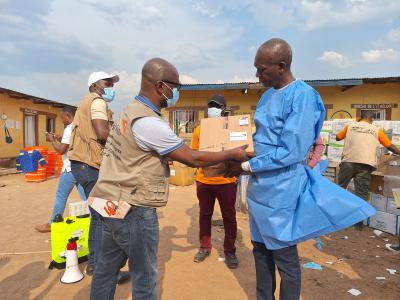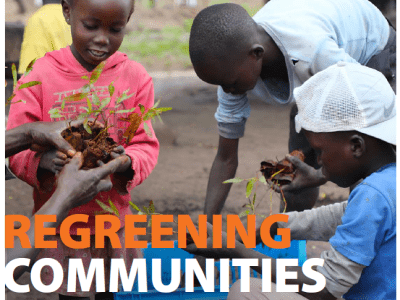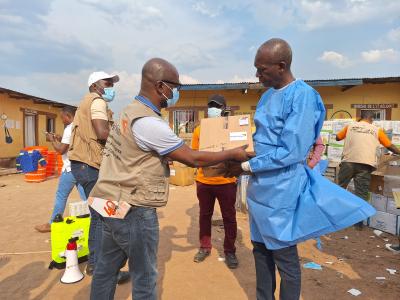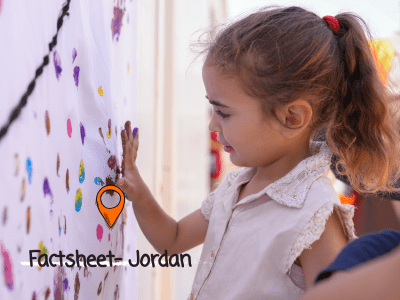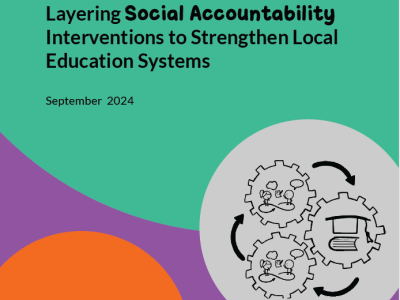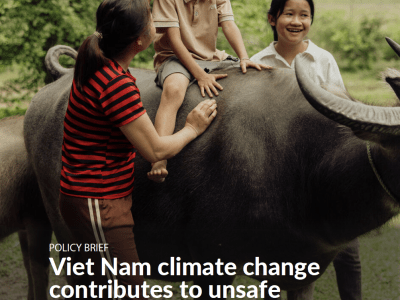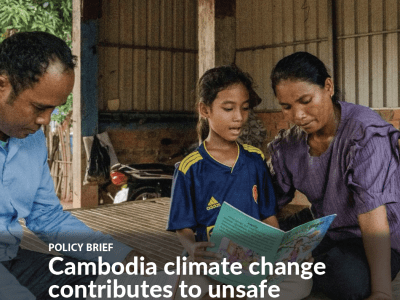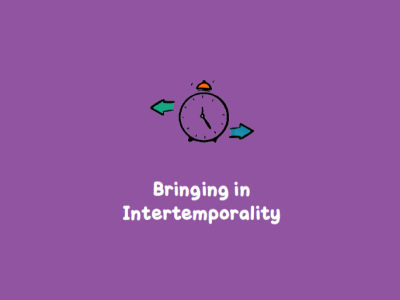article / novembre 4, 2024
Battling Cholera in Malambwe: World Vision's Lifesaving Response in DRC’s Haut-Katanga Province
Emphasizing mental health support: Training psychological first responders to provide crucial aid during emergencies, helping those in distress with essential skills.
publication / novembre 7, 2024
Regreening Communities in Yumbe District, Uganda | Progress Brief 2021-27
This brief summarises the main findings from the mid-term review for World Vision’s Regreening Communities in Yumbe District, or ‘Regreening’, project (2021-2027) in Uganda.
article / novembre 4, 2024
RD Congo : World Vision apporte son soutien à la lutte contre l'épidémie de choléra à Malambwe
Cet article montre comment World Vision appui les structures sanitaires et le personnel pour mettre fin à l’épidémie de Choléra a Malambwe en leur dotant des moyens nécessaires en termes des médicaments, et de formation. Il illustre la réaction rapide qui vise à renforcer les initiatives des partenaires pour limiter la propagation de cette maladie qui a déjà fait des morts.
publication / octobre 28, 2024
FACTSHEET: WORLD VISION SYRIA RESPONSE (WVSR) JORDAN
Jordan is recognized for its stability in a turbulent region. The country hosts over 1.3 million Syrian refugees - representing nearly 15% of Jordan’s total population - making it the second-highest host country of refugees per capita in the world. Jordan has demonstrated a commitment to providing refuge for those fleeing conflict. While not a signatory to the 1951 Refugee Convention, Jordan has maintained a favourable protection environment for refugees, ensuring fundamental human rights through national frameworks. The country has also included refugees in critical sectors such as education, health care, and even the national COVID-19 health response and vaccination program. However, the protracted nature of the Syrian Crisis and regional dynamics have strained Jordan’s resources and infrastructure.
Since 2015, The government-led Jordan Response Plan (JRP) has helped guide the partnership between the country and the international community as it responds to the Syrian Crisis in Jordan. Jordan’s policy towards refugees has mainly been inclusive, with the government taking steps to provide free work permits to Syrian refugees and adjusting the legal framework for Syrian-owned home-based businesses. Despite these positive steps, challenges remain, especially in employment where women and youth are disproportionately affected. The 2023 strategic objectives emphasize humanitarian-development coherence, reinforcing protection principles, and aligning with Jordan’s development goals. The focus is on integrating the needs of all vulnerable populations into national recovery plans, enhancing self-reliance, and building the capacity of national institutions. The aim is to transition the refugee population to economic opportunities, strengthen data analysis for evidencebased planning, and ensure refugee inclusion in national systems.
publication / octobre 1, 2024
Layering Social Accountability Interventions to Strengthen Local Education Systems Report
Ex-post evaluation of USAID- and World Bank-funded social accountability programming in the Dominican Republic.
publication / octobre 1, 2024
Policy Brief: Climate change contributes to unsafe migration - Addressing the impacts for vulnerable children and youth in Viet Nam
This policy brief provides a call to action for development partners of Viet Nam and Thailand as the primary destination of choice for Vietnamese migrants, to address key drivers of distress migration in communities of origin and to make migration safer, more humane and more just for Vietnamese parents and children alike, providing more support for those who stay behind and those who go, empowering children to help shape a better future for themselves.
publication / octobre 1, 2024
Policy Brief: Climate change contributes to unsafe migration - Addressing the impacts for vulnerable children and youth in Cambodia
This policy brief provides a call to action for development partners in Cambodia and Thailand, the primary destination for Cambodian migrants to address key drivers of distress migration in communities of origin. It advocates for making migration safer, more humane, and more equitable for Cambodian parents and children, while also providing greater support for those who remain behind and those who migrate. By empowering children to actively shape a better future for themselves, this approach aims to create lasting positive change in the lives of all involved.
publication / octobre 22, 2024
Bringing in Intertemporality
Methodologies fit for evaluating layering interventions in specific levels of governments and across levels of government over time
